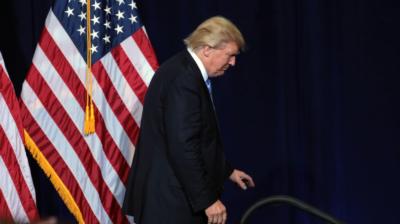Women and Peacebuilding in Sudan
Liv Tønnessen
The different roles taken on by and given to women in a post-conflict transition period are likely to determine their future power. Participation in the various processes in a post-conflict transition, where power structures may be cemented, is important for the advancement of women. Preliminary research suggests that there seems to be a belief among the female Sudanese political elite that so long as women are included in political decision-making institutions, this will ensure legal reforms of their political, civil, and socio-economic rights from the elite level to the grassroots. Women's political participation is not only regarded as desirable but vital to the advancement of gender justice. The project raises two main questions:
- To what extent are Sudanese elite women's perceptions of gender justice unitary?
- To what extent do the Sudanese elite women represent grassroot women's priorities and attitudes?
The project is relevant for Norwegian development and peace building policies, which in recent years have taken on a strong focus on women and gender equality and -mainstreaming. A project such as the one presented here will provide insights that can become valuable tools both for governmental and non-governmental peacebuilding and development efforts. Such efforts need to be grounded in an understanding of which processes of gender constructions have taken place locally before international interventions began and how these processes continue to develop in cooperation with, but also in contradiction to, these interventions. By mapping and explaining local definitions of gender through contextual analyses and providing an understanding of social construction of gender roles, the project can contribute to creating better-informed interventions when it comes to improving the position of women in conflict and post-conflict situations.
Programme








